Gavin Barwell has made a good point, albeit inadvertently. Theresa May’s former chief of staff has a book out, imaginatively titled Chief of Staff, and in it he touches upon the question of Brexit and Scottish independence. Noting that Boris Johnson is unpopular north of the border, the now Baron Barwell of Croydon says:
‘The UK government is on strong ground arguing that it is not the right time for a second independence referendum — polls show Scottish voters want the immediate focus to be on recovery from the pandemic — but the democratic mandate for the question to be asked again at some point is clear.’
No. It. Is. Not.
I’ve already banged on at length about this mandate madness, but let me make a few points about the locution ‘democratic mandate’.
First, the mandate part. The idea that a mandate can be attained for the exercise of powers reserved to one parliament at an election to another parliament is to establish a constitutional principle. This places devolved legislatures on an equal footing with the sovereign Parliament that created them. It does more than that, though.
It confirms that devolution is exactly what Tam Dalyell warned it would be: ‘a motorway without exit to an independent state’. There are no devolved or reserved powers, no Scotland Act, no parliamentary sovereignty. Devolution, under the principle asserted by Barwell and others, is nothing more than a one-way ratchet to secession. For all the flaws in this principle, at least it’s honest.
Now, for the democratic bit. Here it is not so much a new principle as a new precedent being established, one that says: a mandate created in an election to any legislature in the UK is binding on Parliament, without regards to law or constitutional convention. Now, advocates of this position might cavil that they only have constitutional matters in mind, or solely the question of Scottish independence because Parliament has previously agreed to a referendum on that.
In which case, I have some questions: Why should a democratic principle apply only to constitutional affairs? Does the referendum precedent apply across all devolved legislatures? Does it apply to other democratically-elected bodies, such as councils?
Whether one sincerely believes in this moveable feast of popular democracy, is just eager for Britain to get its just deserts for Brexit – or merely wants to see Boris Johnson come a cropper – these questions and others must be wrestled with. If pro-independence parties win a majority of seats at the next Holyrood election on manifestos promising a referendum on removing the nuclear deterrent from the Clyde, is it democratically offensive to deny such a vote? True, defence is a reserved matter but, then, so is the constitution.
If a party wins a majority in the next Welsh parliament on a manifesto commitment to hold a referendum on restoring capital punishment, must Westminster bow to its democratic mandate? Doing so would force Parliament to amend the Human Rights Act, withdraw from the European Convention on Human Rights and exit the Council of Europe, but these are relatively minor burdens compared to the obligations Scottish independence would impose on the UK state.
Let’s say a party puts its opposition to national government guidelines on relationships and sex education (RSE) at the heart of its local election campaign and returns a majority of councillors. Does its democratic mandate oblige Whitehall to allow a derogation for that local authority — or even a referendum on determining its own RSE curriculum? Surely, given how much lip-service is paid to local democracy, it would be insupportable to override it simply because the power to set the guidance lies at Westminster.
By all means, let’s discuss democratic mandates but be prepared for the discussion to go beyond tidy little boundaries. Which brings us, indirectly, to Barwell’s indirect good point. The supposed mandate for another secession referendum in Scotland only seems ‘clear’ because there is only one side on the constitutional battlefield. Scottish nationalists and their London sympathisers are waging a one-sided war against a UK Government which lacks the ideas, vision, strategy, confidence or, frankly, cojones to fight for whatever it is that it believes in.
Certainly, a government that believed in the Union would do more than send Michael Gove up the East Coast Main Line every few weeks. The Levelling-Up Secretary is clever and canny — and a highly original dancer — but there is no philosophy of the Union to underpin his endeavours. Even though the parliamentary arithmetic allows the Prime Minister to block a referendum for now, the nationalists have staying power and can more than outlast him. They are busy setting down principles and he hasn’t got any.<//>
Got something to add? Join the discussion and comment below.
Get 10 issues for just $10
Subscribe to The Spectator Australia today for the next 10 magazine issues, plus full online access, for just $10.

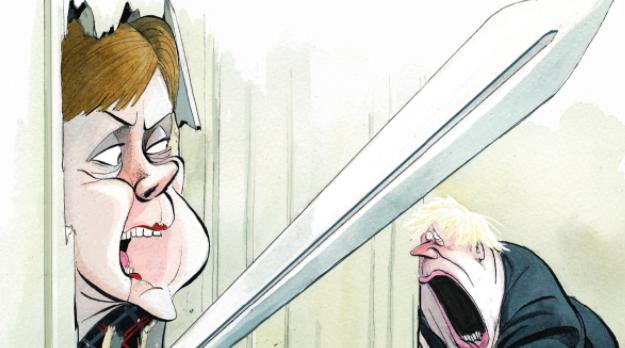
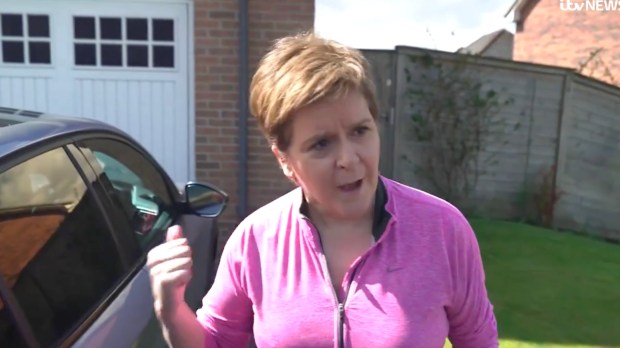
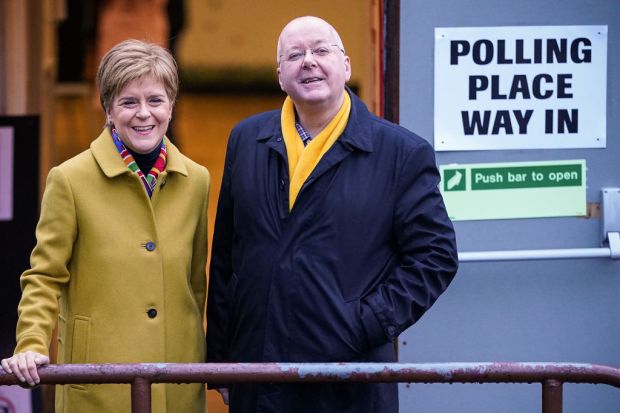
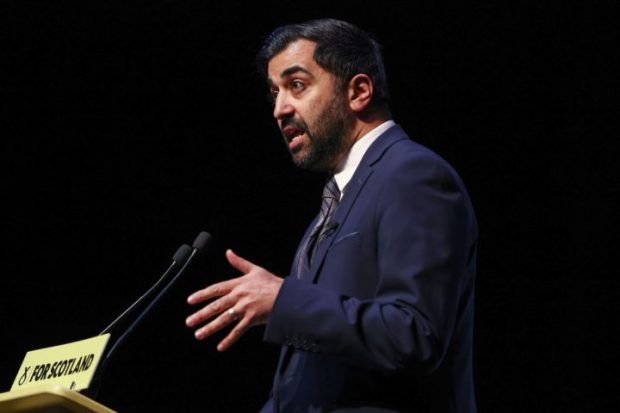
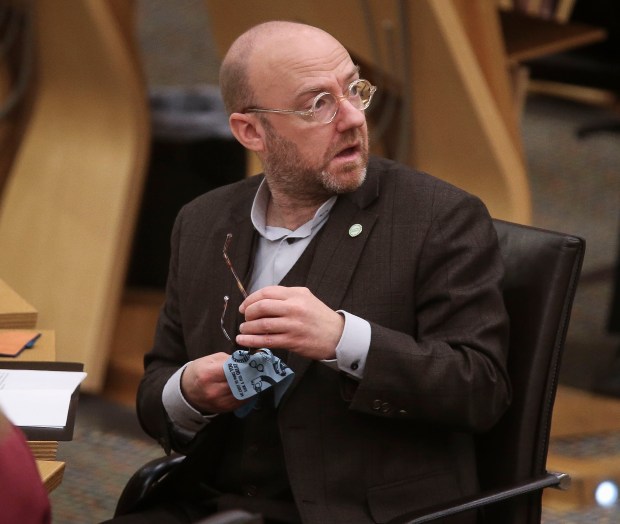














Comments
Don't miss out
Join the conversation with other Spectator Australia readers. Subscribe to leave a comment.
SUBSCRIBEAlready a subscriber? Log in